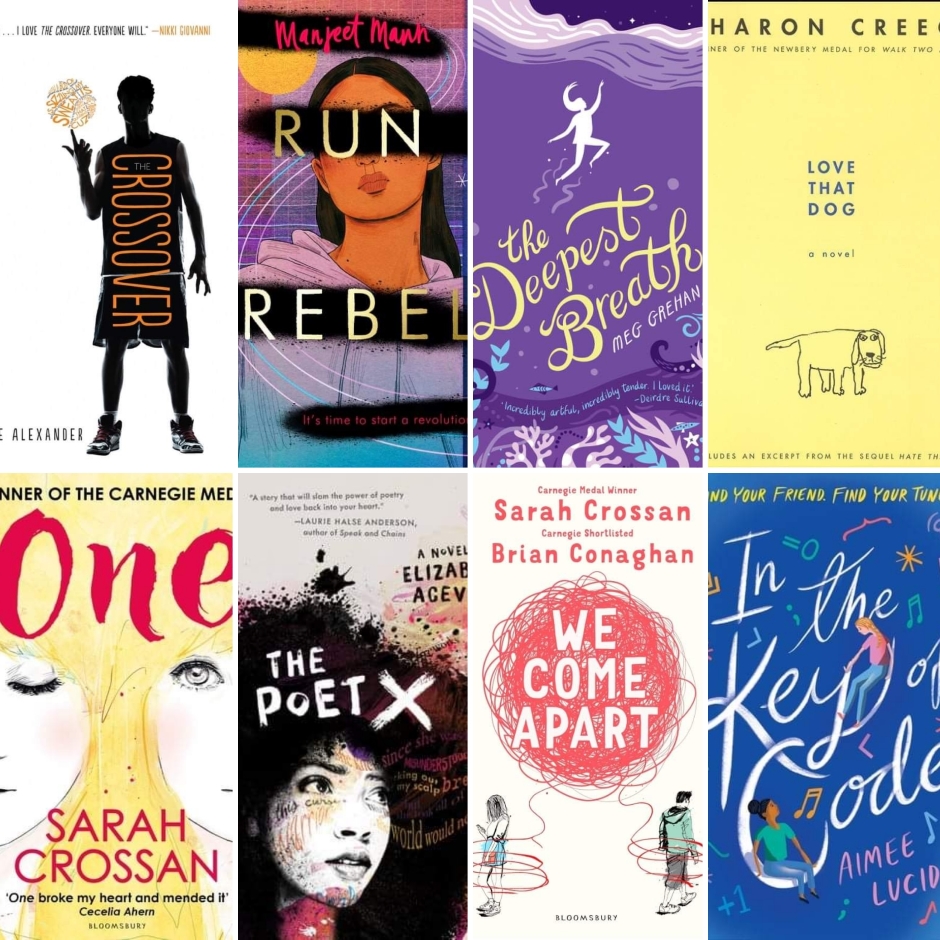
When I was in secondary school, I had an excellent English teacher who was passionate about teaching poetry. We worked from an admittedly intimidating book, four-hundred pages of works from the great poets that we were due to be examined on. While I enjoyed learning this way, it’s not the only medium in which young people can engage with poetry.
A verse novel is different from your conventional book. They don’t contain long paragraphs that fill the page, top to bottom, left to right. Instead, each chapter is a poem that focuses on a particular scene or experience. A verse novel still tells a story from beginning to end, just like your traditional prose novel. The only difference is that the details of the story are hidden within the white space.
Verse novels are great for younger readers for a number of reasons. They are quick reads; you can often finish one in less than a day. Yes, I hear your concerns: “I want to get a book that they will get some mileage from!” The beauty of verse novels is that they are ideal books to re-read. The interpretive nature of the poems means that there is always something new to find when you re-read it. There is a pause that means more than meets the eye, or the layout of the text relays more information than the text does alone. Every single word that you read is carefully chosen to convey so much meaning in such a short space. I find verse novels to be like listening to music: you can return to them again and again for a short time, and you will always find something new to love about it.
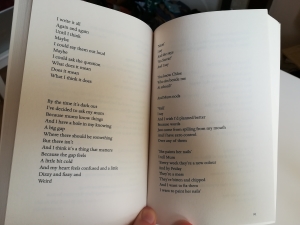
They are an excellent form of reading for kids and teens. While there is carefully written and formatted text on the page, the real meaning of each chapter, each poem, is to be found in the white space. What is not being said, what is implied, is where the heart of the story lies. It’s so important for young readers to have the opportunity to understand and interpret complex concepts and experiences on their own accord. Sometimes there is no straight answer. Giving a young reader the opportunity to interpret meaning from a text is a fantastic expression of agency for them. It validates their understanding of a complex concept; there often is no right or wrong answer with poetry.
Verse novels provide a rich experience for a young reader, where they can bring as much, if not more, to the story than what the text provides. It is a great method of engaging their critical analysis of a text, all whilst serving the goal of filling in the details of a story.
Here are some authors of verse novels for kids:
- Aimee Lucido: In the Key of Code
- Sharon Creech: Love That Dog
- Meg Grehan: The Deepest Breath
And some verse novels for teens:
- Meg Grehan: The Space Between
- Sarah Crossan: One; The Weight of Water; Toffee; Moonrise
- Brian Conaghan: We Come Apart (with Sarah Crossan)
- Kwame Alexander: The Crossover; Rebound; Solo; Swing
- Manjeet Mann: Run, Rebel
- Elizabeth Acevedo: The Poet X; Clap When You Land
- Dean Atta: Black Flamingo



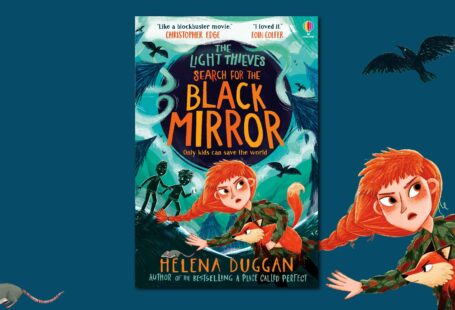
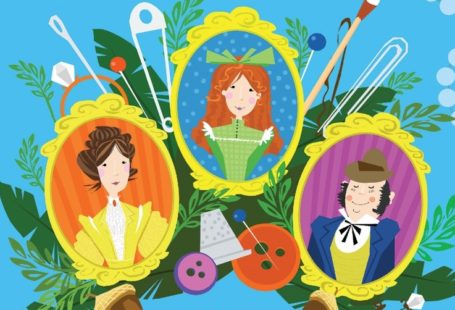
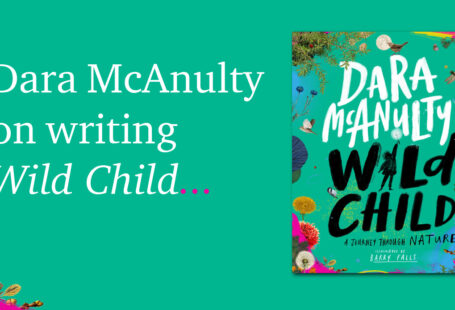
Recent Comments